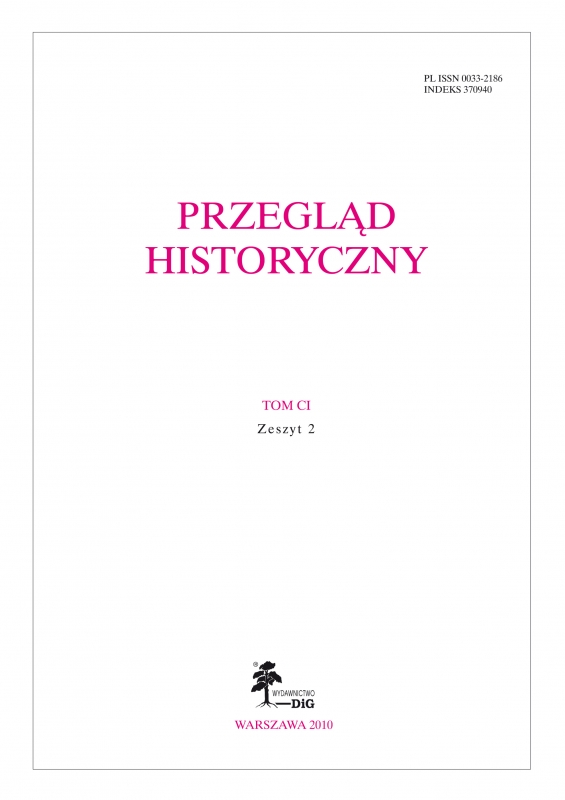Paul Styger, archeolog rzymski i profesor warszawski
Słowa kluczowe:
Paul Styger, archeologowie, profesorowie, WarszawaAbstrakt
Paul Styger: An archaeologist of Rome and a Warsaw University professor
The article is devoted to the person of Professor Paul Styger of the University of Warsaw. Styger was born in 1889 in the Swiss city of Schwyz, as son of a cantonal official. In 1906 he moved to Rome, where in 1912 he was ordained a priest and where he completed his university education. During his studies he was member of the Santa Maria in Campo Teutonico, the German College located in the vicinity of St. Peter’s Basilica. After his graduation, with the scholarly patronage of Anton de Waal, rector of the aforementioned college, he embarked upon archaeological research in Rome, in the course of which he discovered medieval frescos in the churches of Santa Croce and S. Giovanni a Porta Latina, and in 1915, underneath the main altar of the Basilica San Sebastiano he uncovered a late antique chamber, which served as a cult place of St Peter and St. Paul. In consequence of accusations of spying for Germany, he was forced to leave Italy in 1917; Elżbieta Jastrzębowska points out that an important role in bringing forth these accusations could have been played by the jealousy of competing scholars, particularly because with the death of de Waal earlier that year, Styger lost his patron.
During the academic year1921/1922 Styger undertook instruction at the Faculty of Theology of the University of Warsaw; he lectured on early Christian art and archaeology. Because his knowledge of the Polish language was inadequate, he taught in Latin and English. With time he started to use the Polish language in his classes too, but never introduced it fully. Within his scholarly pursuits he endeavoured without success towards establishing a Polish school in Rome. He also tried to use his personal contacts in Germany to coordinate the activities of Polish and German Catholics in containing the expansion of Bolshevism. In 1934 Styger resigned the post at the University to return to his native Schwyz. Jastrzębowska attributes his resignation to poor health. During his last years, Styger devoted himself to scholarly pursuits. He died on 14 May 1939. His unpublished materials are in the custody of the Schwyz Staatsarchiv.

